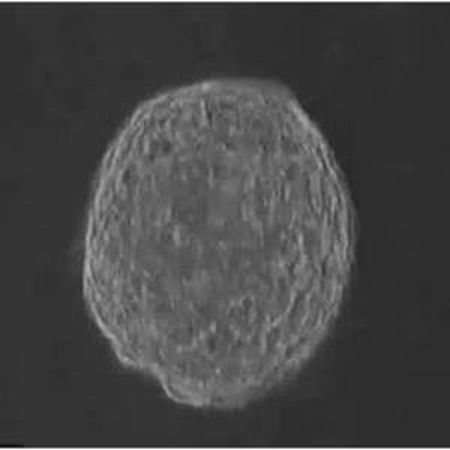Researchers at McGill University have discovered a way of predicting cardiac arrhythmias before they even occur. The finding could lead to an improved cardiac device that is designed to detect and prevent arrhythmias.
The researchers focused on a potentially fatal form of arrhythmia occurring in a condition, called the long QT syndrome, which runs in families. Patients with the QT syndrome sometimes have heartbeats with an abnormal electrical pattern, called alternans. Once these occur, they can be detected easily but the challenge lies in their prediction. The McGill researchers have managed to find the answer by using math.
By taking cells from the hearts of embryonic chickens, they grew tiny clusters of cells that were able to beat on their own. A drug was then administered to induce an abnormal heartbeat and changes in the heart rhythm were recorded with a camera.
"This experiment mimics the abnormal heartbeat patterns of patients with arrhythmia", explains Alvin Shrier, co-author of the study and Hosmer Chair in Physiology. "There is a transition period in which the variability of the rhythm increases and the pattern gets messy. Sometime after that transition, the alternans start. One interval is a little bit longer, and the next one is a little shorter, but with time the difference in the intervals increase and the pattern becomes very clear."
With this technique, the researchers were able to predict when the cells would switch from a normal rhythm to alternans. They designed a math function that would explain this transition which they believe can be used to predict the switch.
Thomas Quail, the main author of the study points out that if further experiments are conducted to confirm these findings, then this could mean a change in the future of cardiac devices. These devices could use software that would be able to predict the switch from normal heartbeat to alternans. The device would then be able to reset the heartbeat much earlier than the ones being used currently resulting in the prevention of potential damage to the patient's heart.
Source: McGill University
Image Credit: Thomas Quail, Alvin Shrier, and Leon Glass



























